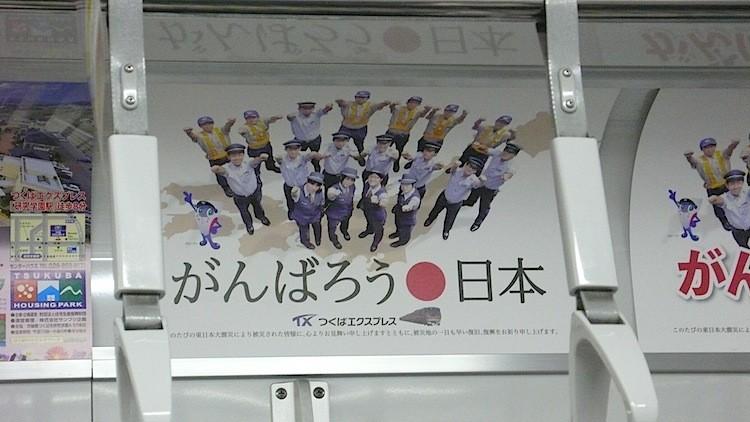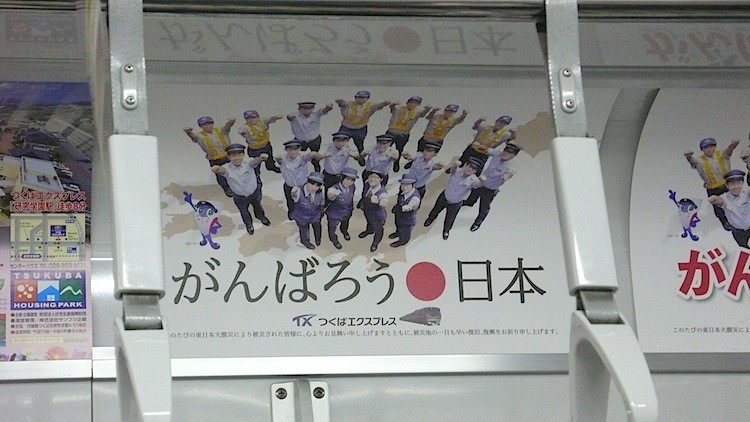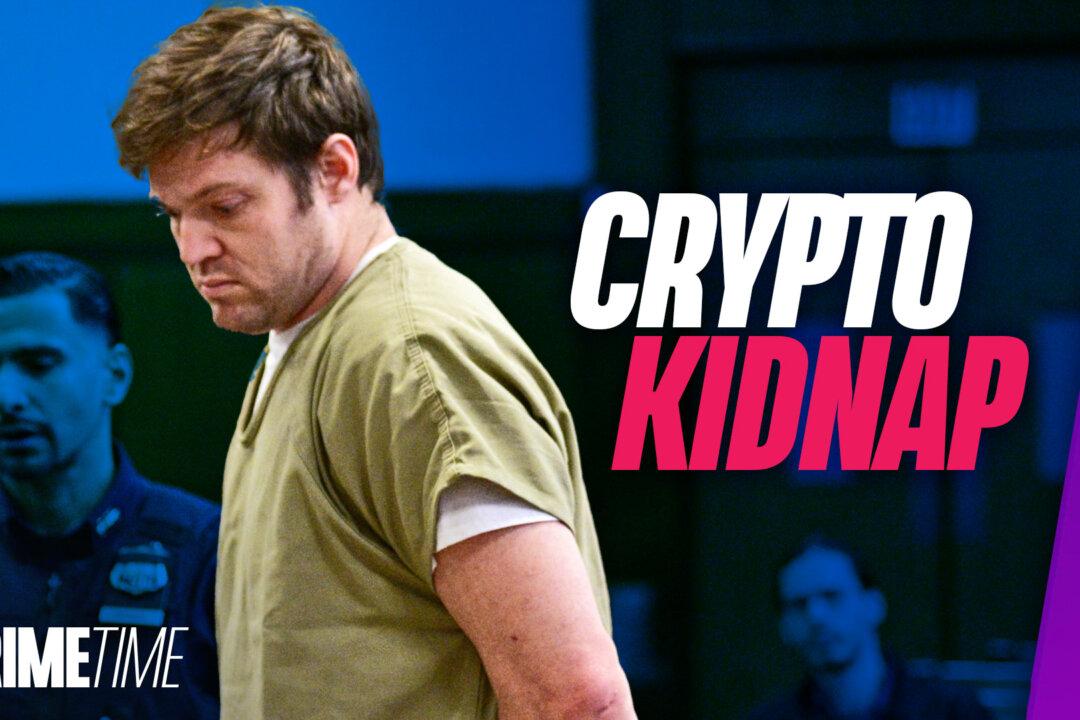KYOTO, Japan—Sitting in a tiny tatami mat cafe in Kyoto, I struck up a conversation with a local man who works for a large electronics firm. He had just come from a fair at the school around the corner where they were selling products from Fukushima. He said he knows the products are safe, but nobody’s buying them for fear they are contaminated and this is hurting the economy in the afflicted areas even more. He bought something to offer support, just as he had supported them by going to volunteer immediately after the earthquake and tsunami hit the Tohoku region on March 11.
A Kyoto bicycle shop owner / bicycle messenger I know also went to help after the disaster. He told me about the important role the messenger community played in the early days, carrying water and supplies to cutoff areas. He even sacrificed his lovely long locks of hair for the cause. In order to dig through muck and rubble, and for lack of bathing water and with nuclear contamination in the air—off it came.
These men are two of many. I’ve been impressed by the sheer number and diversity of people I’ve met who mobilized to pitch in after the devastating earthquake and tsunami. People like the aging storyteller who owns a 100-year old soba noodle restaurant in the town of Monzen, in Ishikawa Prefecture. He lost his house in the magnitiude 6.9 Noto Earthquake in 2007 and so he went to help this year’s quake victims because he could empathize.
A doctor-author who is famous for teaching people how to fight aging and cancer through a diet and exercise regimen based on raising your body temperature, makes regular trips to teach survivors his techniques and to study the results.
A woman belonging to an esoteric Buddhist sect went to offer comfort and diversion to children in evacuation shelters
Hysteria and Suspicion
Among the Japanese, I have also noticed two camps of opinion on the disaster. The first camp asserts that there were four disasters: quake, tsunami, nuclear incident— and hysteria.
Rumor and hysteria are not helping the recovery. Even areas far from the disaster zone, like Kyoto, without a fleck of radioactive dust, are suffering from the suspicion of radioactive contamination and it’s certainly keeping foreigners away from Japan in droves.
An assistant manager at a five-star Kyoto hotel told me that before 3-11 (as the disaster is referred to here), their domestic to foreign guest ratio was 50:50. After the quake, 100 percent of foreigners canceled and the numbers are only now starting to creep back to about 20 percent. The story’s been the same everywhere.
Fortunately, Japan doesn’t rely on foreign tourism to keep its GDP afloat. While a significant 6.8 percent of Japan’s GDP comes from travel and tourism, only 6 percent of this is from foreign visitors, according to a recent World Travel and Tourism Council report. But for those in the industry, and for the Japanese psyche as a whole, the impact has been great.
I have with me a pre-released version of a radiation detector installed in an Android phone—a piece of software called Gamma Pix, that analyzes the gamma rays collected by the light sensor in the phone’s factory-installed camera. In the spirit of full disclosure, my brother was a main developer of the product, but objectively speaking it’s pretty amazing and certainly the “safe” readings I’ve registered on the west side of Honshu and Kyoto have greatly reassured the locals I’ve shown it to.
Continued on the next page ... Nuclear Secrecy
Nuclear Secrecy
The second camp of people in Japan is highly skeptical of the level of disclosure offered by the government and TEPCO, the operator of the Fukushima nuclear plant that was severely damaged in the earthquake. Skeptics can give a long list of information that together doesn’t add up with the story officials have told. This second camp believes the authorities lied shamelessly—especially in the early days—and the situation is far worse around the plant than people are being told.
I met an elderly couple visiting Kyoto from Fukushima. They still live in their home about 60 km (37 miles) from the beleaguered plant. Life is difficult they shared, each looking down and shaking heavy heads as they thought of home.
The worst problem is how to decontaminate the land. Streets and sidewalks are being washed with pressure hoses these days, but how to deal with the soil? Ideally the topsoil should all be removed, but the affected area is so vast that there’s nowhere to take it. They normally keep a vegetable garden, but planted nothing this season. Some plants that are supposed to be good for soil purification, like sunflowers, didn’t seem to have any effect. They know the situation is difficult, but what choice do they have? If it’s even worse than they think, where else can they go?
People here say recovering from 3-11 will take time. The disaster zone requires huge sums of money for rebuilding, and entire communities nearest to the plant will be off limits for decades or longer. Almost everywhere there are donation boxes for victims.
But the country is rising to the challenge. I heard more than once that there’s a greater sense of community and pride because of it—regardless of what people think about how the situation was handled at the top.






